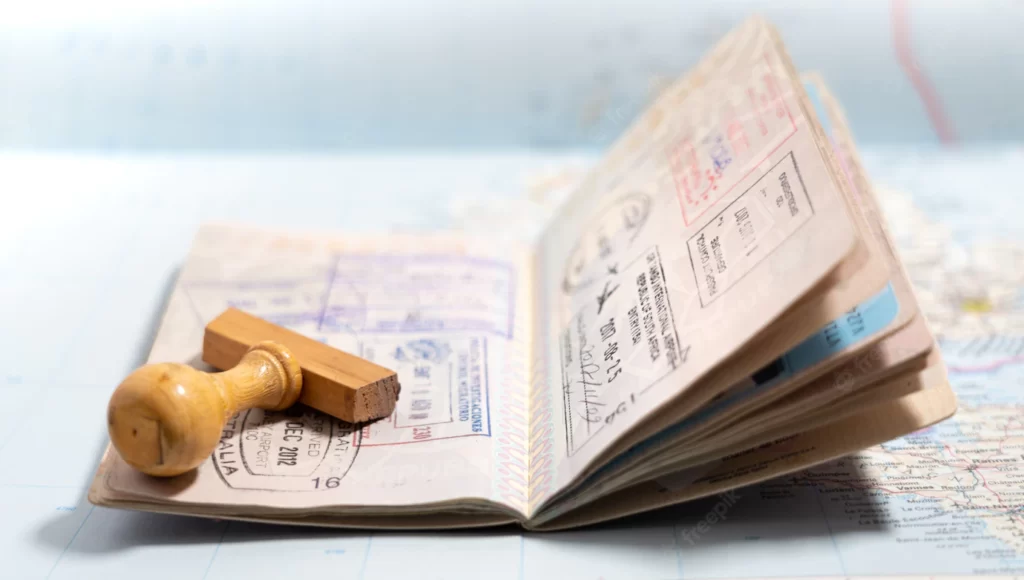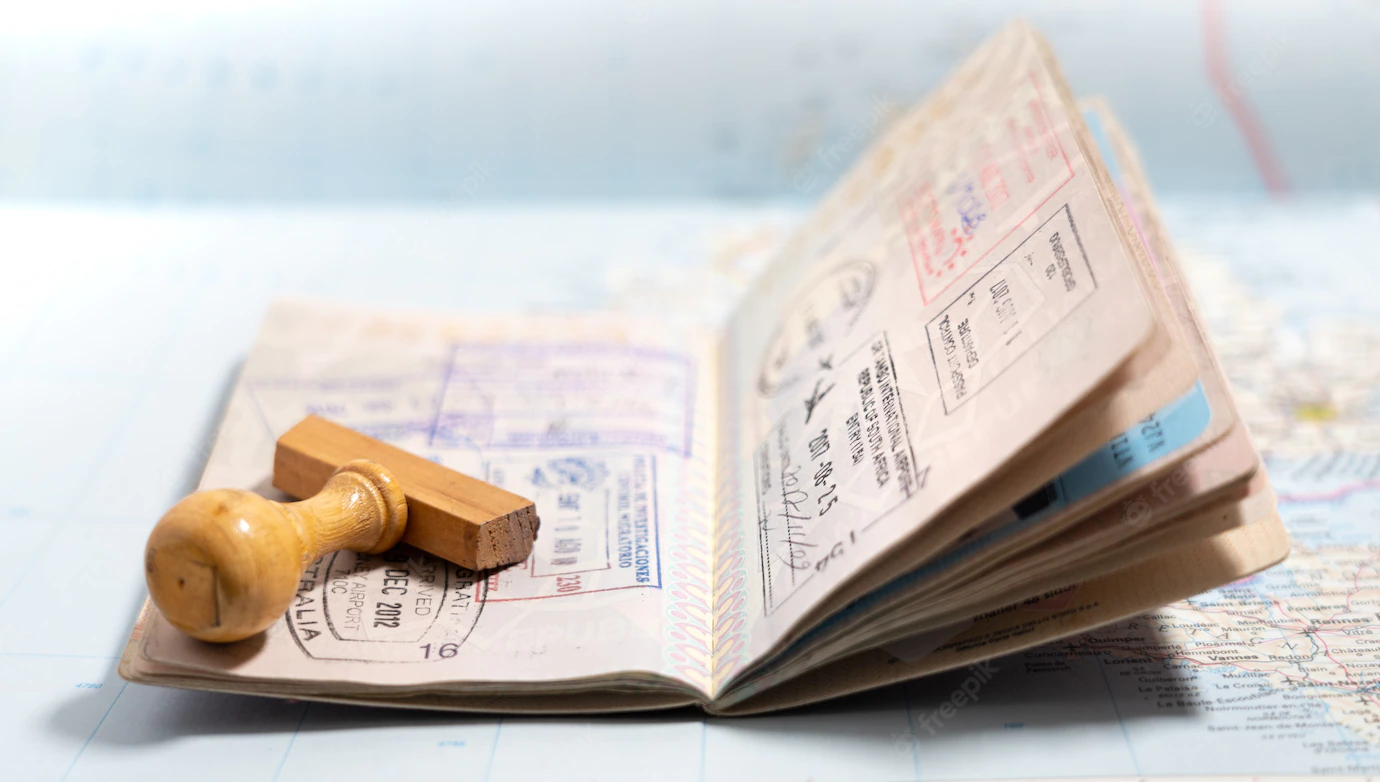Spouses, common-law partners and children can all be eligible to immigrate to Canada as permanent residents. However, there are separate processes and documents required for each type of dependent relative in Canada.
If you have been authorized by the federal government to become a permanent resident in Canada, then you can apply to bring your spouse, common-law partner or dependent child (under 21 years old) to Canada as permanent residents under your sponsorship.
For more information on how to sponsor family members and spouses, see this overview of sponsoring spouses and partners in Canada as well as information on sponsoring your parents/grandparents in Canada .
List Of Contents
Background information
To become a permanent resident of Canada, you must have all your paperwork in order. This is true whether you are sponsoring yourself or your family members. For those seeking Canadian permanent residence on an economic basis, the process can be long and complicated, depending on your circumstances.
But if you are applying as a member of a family class sponsored by another Canadian citizen or permanent resident, it is a fairly straightforward affair. However, there are some pitfalls to watch out for when seeking entry as a dependent of another person in Canada’s immigration system.

Section 1: Find out if you are eligible
To be eligible, your child must meet all of these requirements: they must be under 22 years old; they must not have a spouse or common-law partner; and they cannot have children of their own. You must also live with them, support them financially and be their sponsor. To find out if you are eligible to apply for your child as a dependent, see Who is eligible.
There are different requirements depending on whether you have proof that you can support your child financially or whether you do not have such proof. Find out more about who is considered financially supported and who is considered not financially supported.
Section 2: The first step – Submit a formal application
Your family members must go through a separate application process and must not be included on your application form. The first step is to submit a formal application online or at an Application Support Center (ASC). You will need their individual passport, birth certificate and proof of relationship. More information can be found here. If you are sponsoring a spouse or common-law partner, see Section 3 below.
Section 3: Family Information Form (IMM 5645)
Depending on your visa class, you may be required to attend a final interview with a Canadian visa officer. At your final interview, you will need to provide all original documents (valid passport and originals of any supporting documents) in addition to copies of everything you have submitted with your application package.
If your spouse or partner is applying for permanent residence as well, their passport and all supporting documents must also be provided. Even if you are not required by applicable law or policy to appear at an interview, we strongly encourage you do so whenever possible.
Interviews allow officers from Citizenship and Immigration Canada (CIC) to verify that an applicant’s supporting documentation accurately reflects their background and current situation.
Section 4: Offer of Employment
The final step is your interview with a visa officer. The officer will go over your application and supporting documents, as well as ask you questions based on your application. You’ll also be asked questions about yourself, including where you want to live in Canada and how you intend to support yourself once you arrive (and during any period before you find employment).
The visa officer may ask other questions that he or she feels are relevant. You’ll be asked how long you plan to stay in Canada, but don’t assume that if you give a specific answer that it will set an upper limit on how long your permit can be valid for.
Section 5: Confirmation of Enrolment from an Educational Institution
At Immigration, Refugees and Citizenship Canada (IRCC), we don’t make a decision about your eligibility based on what you say. All information must be verified by documents submitted by you or your sponsor, or found in our files.
We do not accept photocopies, even if they appear official. If something is missing from any document, it will hold up your application for processing and could result in refusal of your application. We need to confirm that: You are who you say you are; You meet all of our requirements;
Your family members meet all of our requirements; and You have enough money (or assets) to settle yourself and any family members at risk of being refused entry if not included on your application.
Section 6: Financial Evaluation by the Immigration Officer
Your application will be reviewed based on factors including your education, employment experience, language skills and other factors. If you are between 21 and 55 years of age, you will be assessed as a Young Worker.
If you are over 55 years of age, you will be assessed as an Older Worker. Under skilled worker programs, if your intended occupation is on Skill Type 0 or A, you may qualify for admission as a skilled worker even if you do not have any work experience in that occupation. Your ability to adapt to life in Canada will also be considered during your admissibility assessment.
The officer assessing your application will consider how well-suited you are to live permanently in Canada by looking at all of these factors together rather than focusing on only one aspect or another.
Section 7 – Medical Exam and Background Check
To obtain a Permanent Resident Card, you will be required to attend an immigration medical examination at a designated Canadian visa office abroad.
You must also undergo a background check. During your interview at a Canadian visa office, an official will assess whether you meet eligibility criteria and determine if you can become a permanent resident of Canada.
It is important that all applicable steps are taken on time and that information and documents are presented accurately so that delays do not occur and your application is not refused because of missing or inaccurate information or documentation.
Section 8 – Attend Final Interview with a Visa Officer
For most applicants, a final interview with a visa officer is required. The final interview is usually conducted at one of four IRCC offices across Canada: Victoria, BC; Winnipeg, MB; Montreal QC; and Halifax NS. At your final interview, you will go over your application forms and supporting documents with an IRCC officer. This is your chance to ask questions about anything you don’t understand or feel was missing from your application forms and it’s also a chance for IRCC officers to check up on some of your statements from form check or previous interviews.
If you like our PR card for dependents Post then please check out our Social Media


